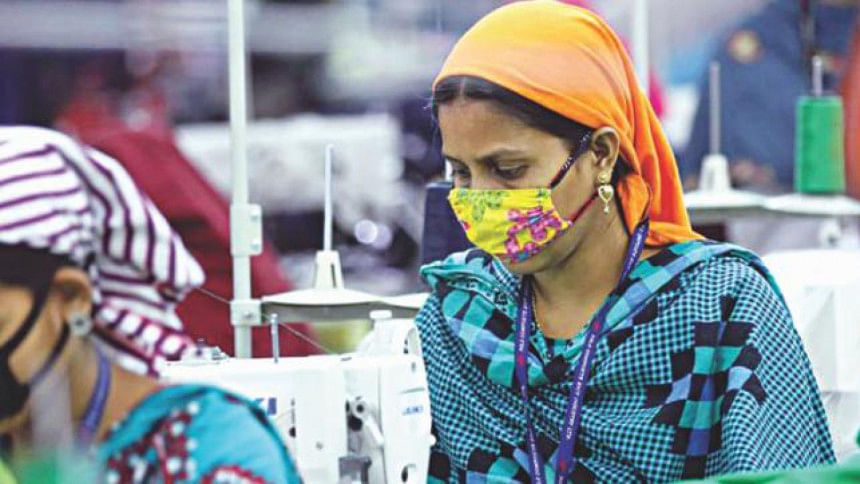Women workers' safety in RMG factories

The finding of a survey that 83 percent female garment workers have faced some form of sexual harassment in their workplace is shocking. The survey also found that many of the garment factories do not have any committee for lodging complaints of sexual harassment which is mandatory as per the direction of the High Court. Female garment workers have to face harassment on a regular basis. But in absence of such a committee, the victims cannot file complaints or seek any help from the authorities. Even in those factories with a complain committee, 67 percent of the victims did not seek any kind of assistance from these bodies because they did not have faith in them. And 43 percent of them said that although they had filed complaints, they did not get any help.
The findings of this survey have reminded us again how little has been done to ensure a safe workplace for our female garment workers. Another reason for such a situation is that there is absence of women at the mid- level and managerial positions at the factories but their representation at these levels is an absolute necessity to stop violence against women at the workplace. Also, it must be ensured that all the factories have a committee, as per the supreme court directive, where the victims of violence can lodge their complaints. In addition, the existing laws and policies to protect female garment workers from physical and sexual harassment should be enforced for which the employers themselves must play the key role.

 For all latest news, follow The Daily Star's Google News channel.
For all latest news, follow The Daily Star's Google News channel. 






Comments